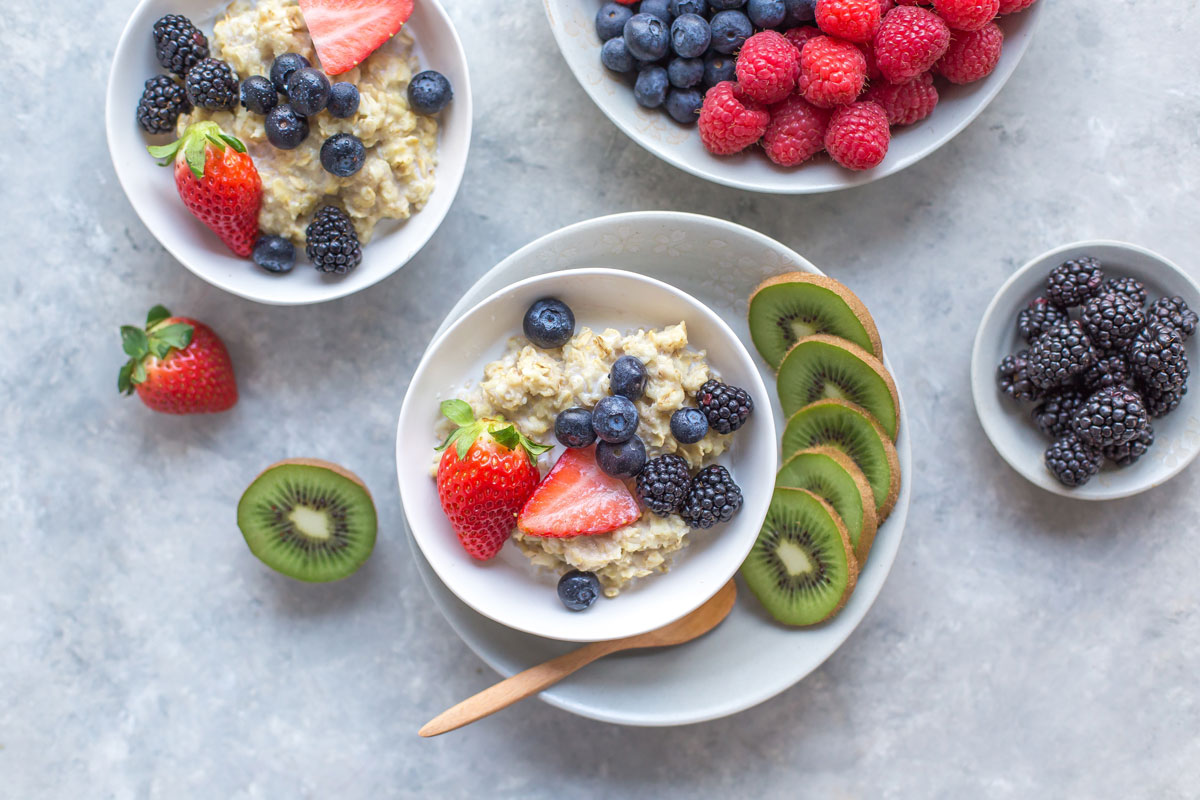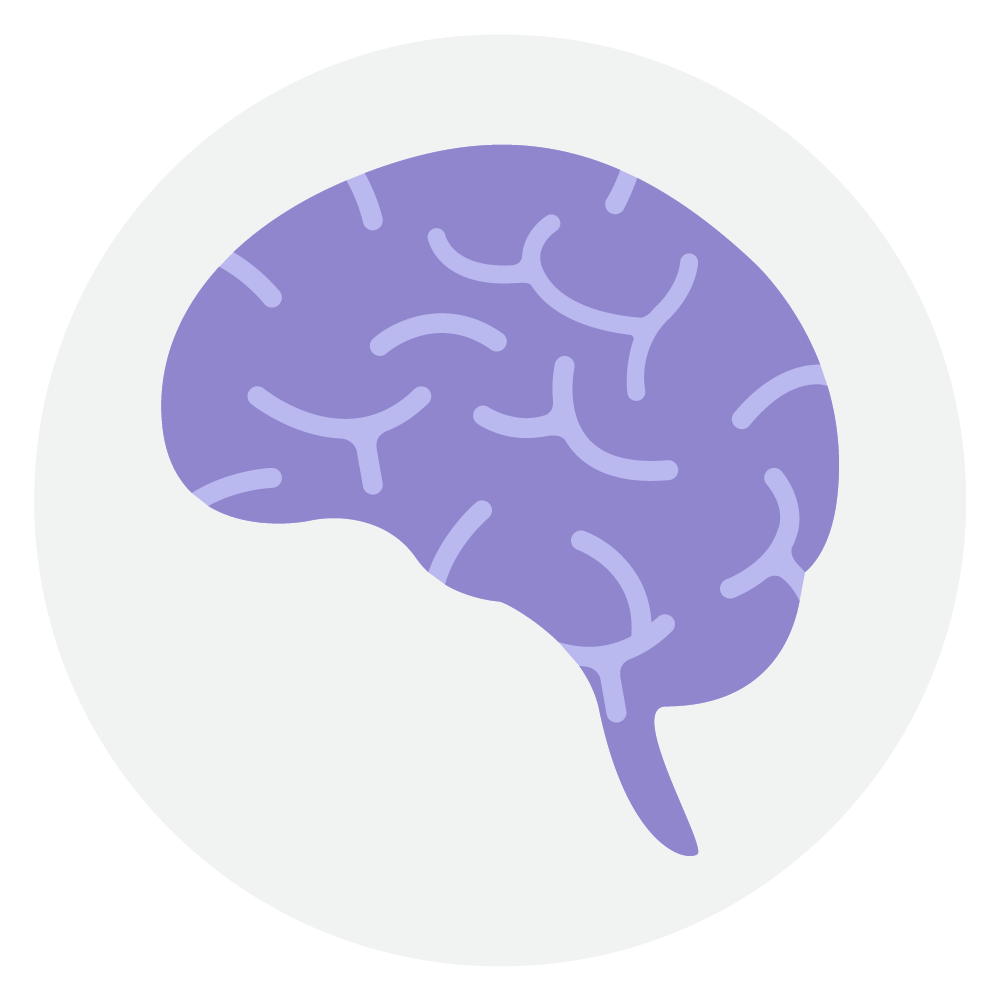Choosing the right carbohydrates

Carbohydrates are often painted in a negative light, but they’re actually an essential nutrient that we need to produce energy. Although some types of carbohydrates are healthier than others, the notion that all carbs are bad for us has become a source of confusion. So let’s talk about carbohydrates. What are they, and why do we need them?
What are carbohydrates?
Carbohydrates are essentially sugar molecules. They are your body’s main source of energy – they help fuel your brain, kidneys, heart muscles, and central nervous system. Those are some pretty important jobs! Your body can store extra carbohydrates in your muscles and liver for use when you’re not getting enough carbohydrates in your diet.
Despite the benefits they offer, carbohydrates should be eaten in moderation. Why? Eating a lot of carbs can lead to unwanted weight gain, which can contribute to conditions like diabetes and high blood pressure. They can also play a role in Candida overgrowth, as the body breaks down carbs into glucose – Candida’s favourite food.
We classify carbs as simple or complex, based on their molecular structure and how easily they’re digested.
Simple carbs: Sugar
Ever experienced a sugar rush? Simple carbs are the cause behind this phenomenon. Their one or two sugar molecules (monosaccharides or disaccharides) convert easily into energy, which causes a quick spike in blood pressure and secretion of insulin from the pancreas.
This often leads to a blood sugar rollercoaster. Let’s say you had a croissant, a sweetened coffee, and an orange juice for breakfast. Because these foods are high in quick-releasing sugars, your blood sugar levels rise dramatically and then crash quickly too. It’s the crash that fools your brain into thinking you need more sugar, and you end up jittery, with low energy and brain fog.
Some examples of simple carbs include:
- Dairy products
- Soft drinks
- Candy
- Packaged baked goods
Why is sugar so addictive?
Many people don’t realize just how addictive sugar is. Eating something sweet releases a neurotransmitter called dopamine in an area of your brain associated with pleasure, reward, and motivation. That’s the same part of the brain involved in drug addiction or reliance on other addictive substances. When you’re so used to eating these foods and you suddenly stop, your brain goes into a “dopamine deficit”, and you feel intense cravings for a dopamine fix, which sugar can easily fulfill. No wonder it’s so difficult to kick the sugar habit!
Complex carbs: Starch and fibre
Starch and fibre are classified as complex carbs, meaning they have three or more sugar molecules (oligosaccharides or polysaccharides). Their larger molecular structure means they digest slowly and increase your blood sugar at a more gradual rate. Complex carbs encourage healthy bacteria growth in the colon, and support elimination. These could be considered “good” carbs.
Some examples of complex carbs include:
- Fruits and vegetables
- Whole grains
- Nuts
- Beans
Fibre: The key to detoxing
Fibre is most well-known for maintaining bowel movement regularity. Bowel movements carry out any toxins accumulated in the body, and this is extremely important to overall health. In situations of constipation, waste may sit in the bowels long enough for the body to reabsorb the toxins it’s trying to remove. And with diarrhea, nutrients are moving through the digestive system too fast for nutrients to be properly absorbed.
In addition to hauling the body’s garbage, fibre helps stabilize blood sugar levels and prevents cravings for sugary foods, while giving your friendly gut bacteria fuel to thrive.
Insoluble vs. soluble fibre
In the world of fibre, there are two types: soluble and insoluble. Soluble fibre dissolves in water, insoluble does not. Both are important to digestive health but have different roles.
Insoluble fibre is not digested by the body and it passes through the small intestine without being broken down. It’s important for intestinal health because it adds bulk and draws water to the stool, aiding its passage through the large intestine.
Certain types of soluble fibre can travel through the digestive tract to the colon and feed the growth of beneficial microbes that reside in your gut. In turn, the friendly microbes contribute to gut barrier function and immune function. Studies show that soluble fibre has the ability to influence immune cells, reducing inflammation and strengthening the immune system by increasing the production of an anti-inflammatory protein called interleukin-4 (IL-4).
So, despite sometimes being portrayed as the enemy, we need a balance of healthy carbs (along with fats and protein) in our diet. Understanding how to make healthier choices when it comes to this all-important macronutrient






